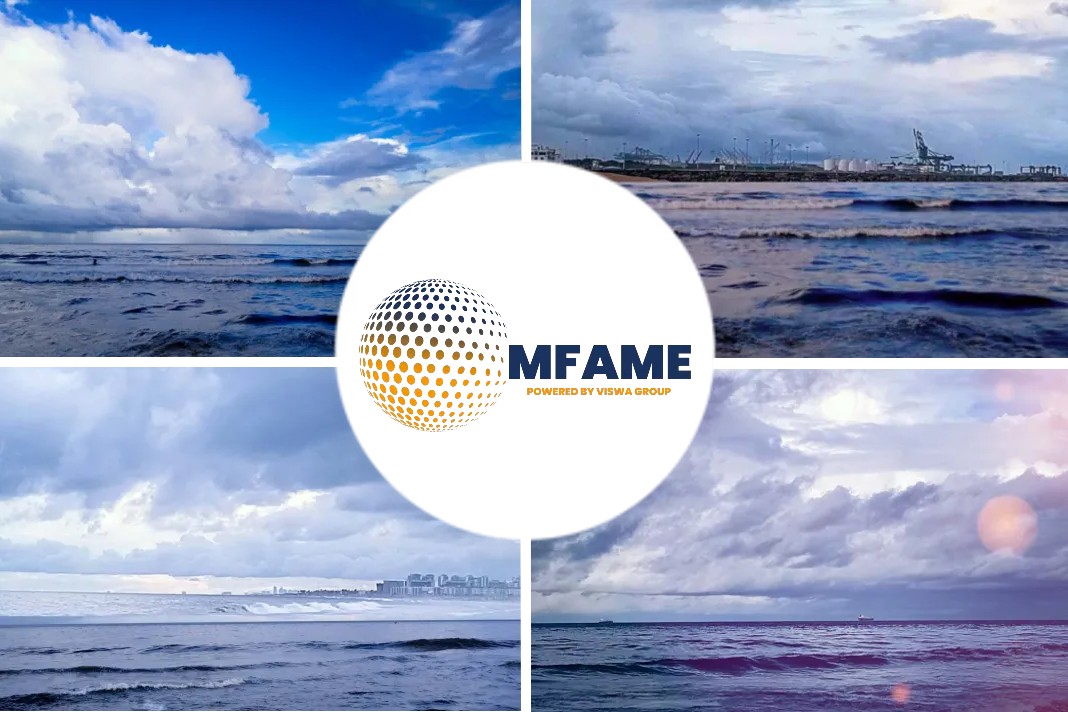Maersk Supply Service reported a loss of US$1.2 billion in 2016. With parent company AP Moller-Maersk intending to ‘separate’ its loss-making energy businesses and concentrate on container shipping and ports, the offshore vessel owner could be the next target of industrialist consolidators.
Having been badly affected by “significant oversupply and reduced long-term demand” Maersk Supply Service suffered a massive US$1.2 billion worth of impairments in 2016. Together, Maersk Drilling and Maersk Supply Service were hit with impairments totalling US$2.8 billion.
In line with owner AP Moller-Maersk’s new strategy, which will see its energy businesses ‘separated’ from the parent company, structural solutions are being sought by Maersk Supply Service’s parent company that could include mergers, joint ventures or listings of the businesses, either individually or combined.
Recent days have seen plans announced for four supply ship businesses – Rem Offshore, Solstad, Farstad and Deep Sea Supply – to be brought together into a single entity, a process led by shipping industrialists John Fredriksen and Kjell Inge Røkke. Fredriksen and Røkke are said to be considering further moves in the market. Any party acquiring or merging with Maersk Supply Service would gain access to a modern, high quality fleet including new-generation anchor handlers and subsea vessels.
Maersk Supply Service’s underlying result for 2016 was a loss of US$44 million. Revenue fell to US$386 million because of lower rates and lower utilisation as well as fewer vessel days available due to divestments and layups. The lower revenue was partly offset by cost reductions with total operating costs at US$282 million (compared to US$345 million a year earlier). Maersk Supply Service said it reduced daily running costs by 11 per cent compared to 2015 on a like-for-like basis.
The company said market demand “remains low” due to the low oil price. It said the general market outlook for the industry “is expected to remain subdued in the long term.” In line with market decline, the offshore supply vessel industry continues to see a large number of vessel layups globally – Maersk Supply Service had 11 vessels laid up as of the end of 2016.
In a fiscal year 2016 conference call held on 8 February 2017, Maersk Group said an update on progress on finding a structural solution for its energy business will be published in due course. The company said its objective is to identify “individual structural solutions” to separate out each of the four energy businesses from AP Moller-Maersk by the end of 2018.
Did you subscribe for our daily newsletter?
It’s Free! Click here to Subscribe!
Source: Offshore Support Journal



















